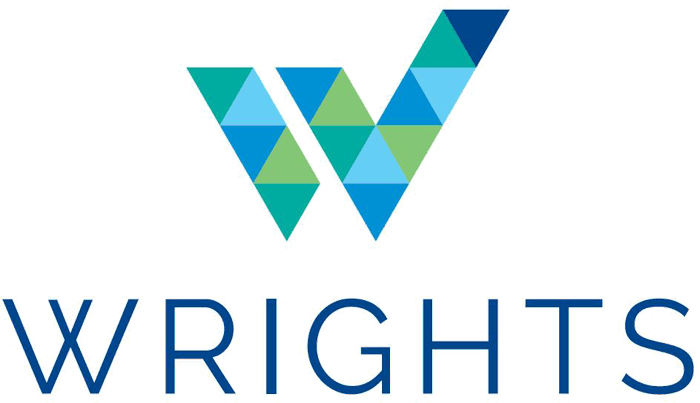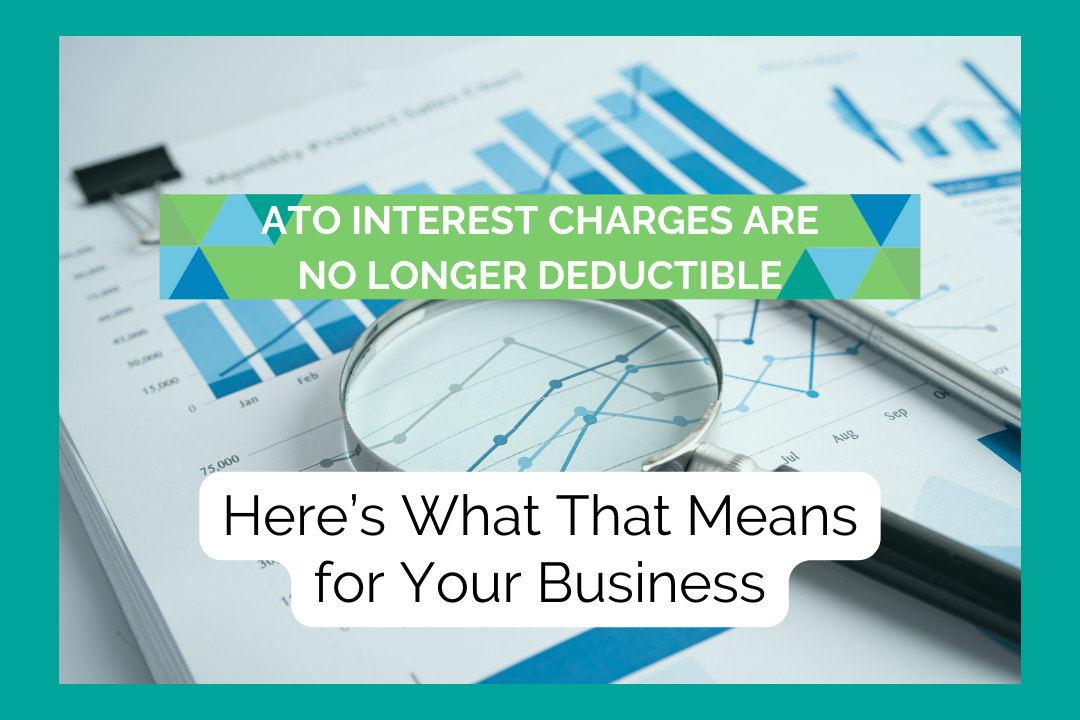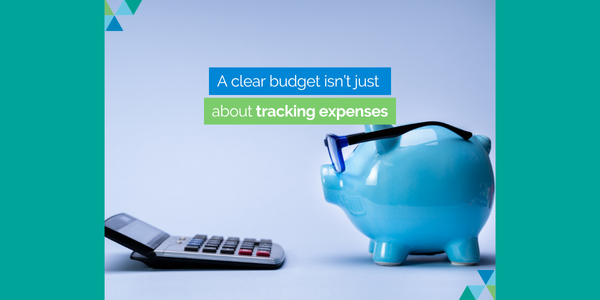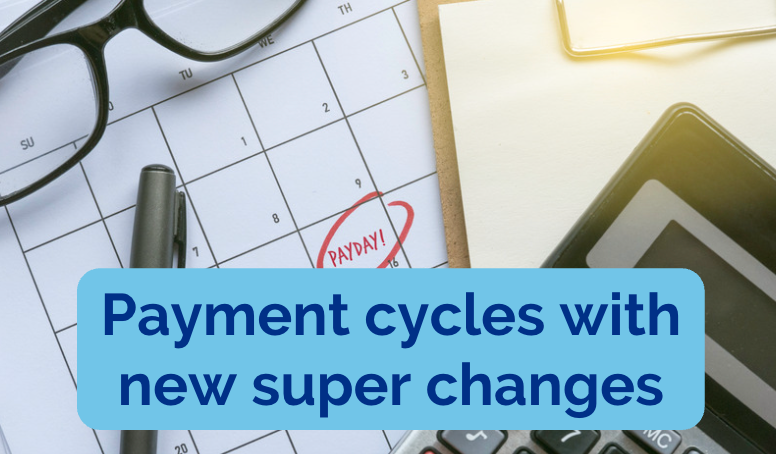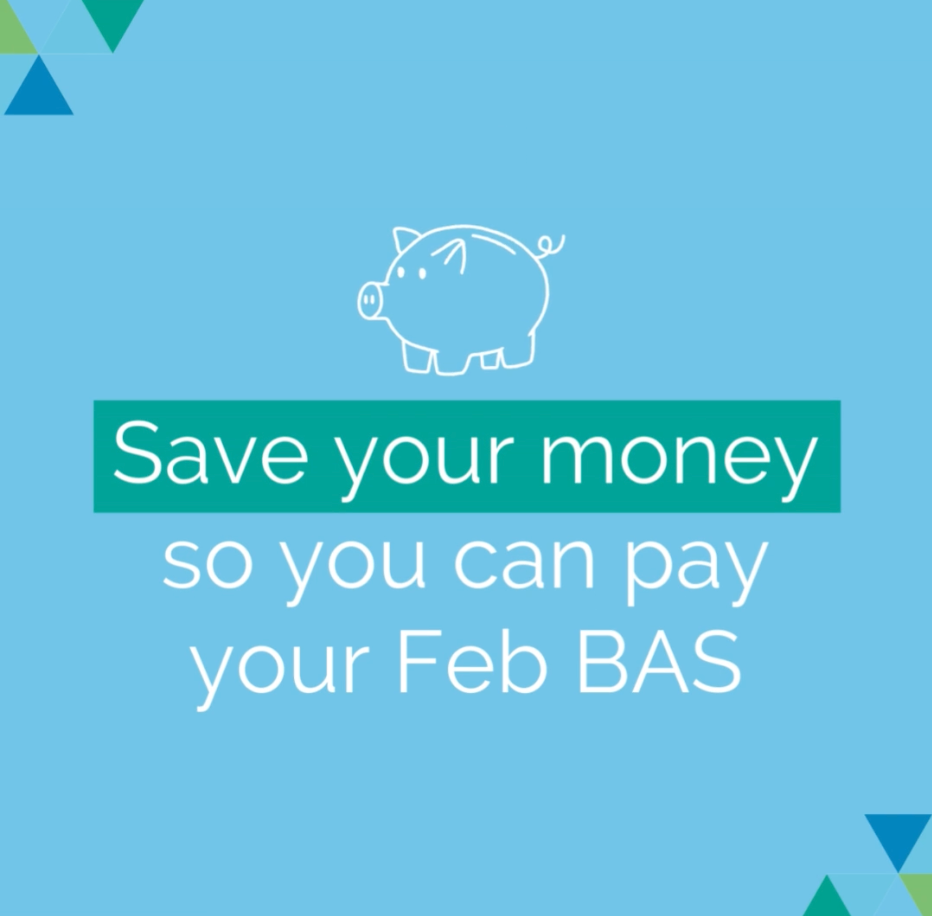Key Tax and Superannuation Lodgement Dates For Small Business
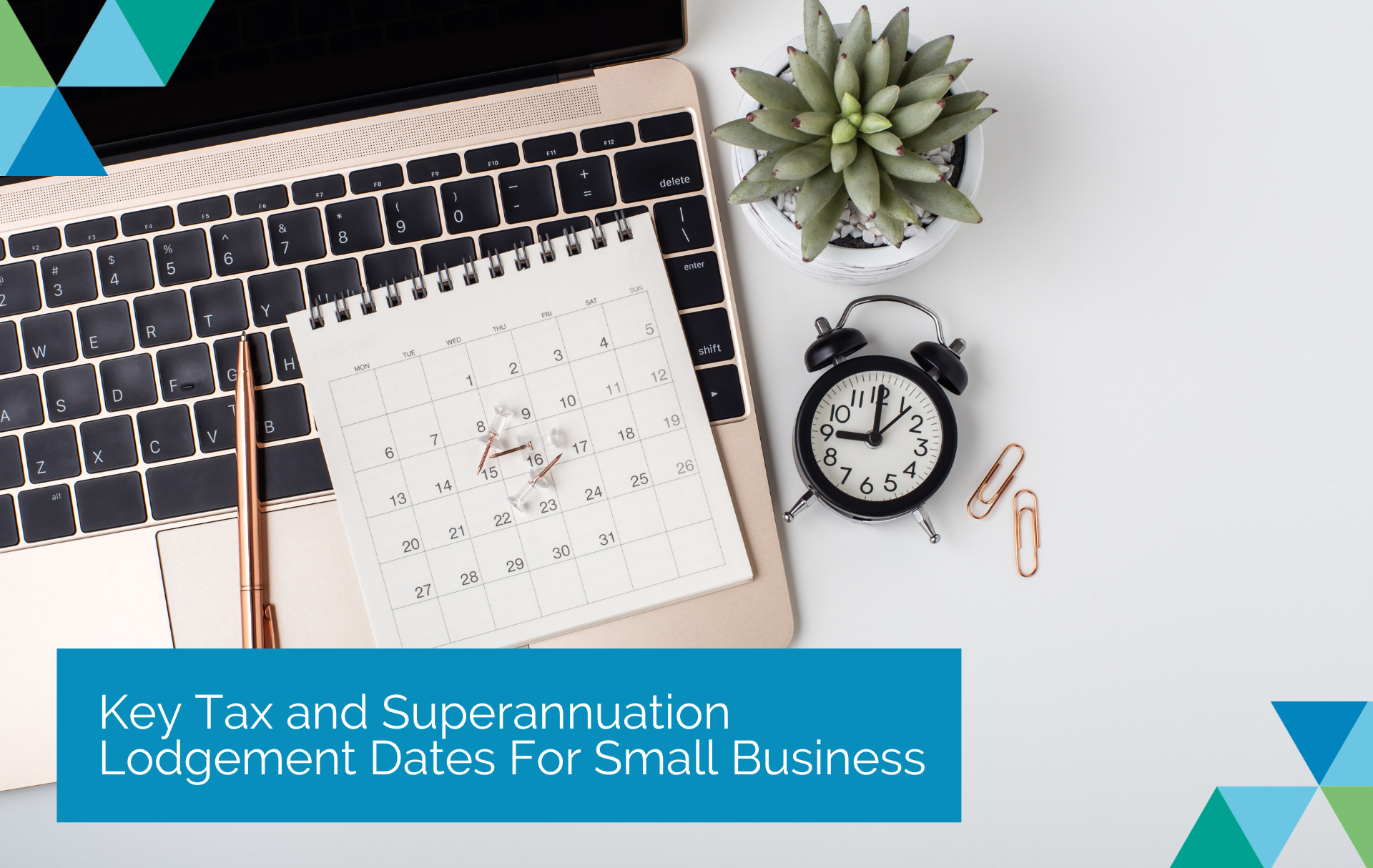
The start of a new financial year is the perfect opportunity to get your ducks in a row to ensure that you are organised to meet your compliance obligations for the year ahead.
Taking proactive steps to ensure compliance with tax and superannuation lodgement dates can save you from potential costly penalties. By simply setting up reminders for these important dates in your diary or calendar now, you can avoid the last-minute rush or, even worse, missing the deadlines altogether.
Below is a general overview of important lodgement dates that Australian small business owners should be aware of. However, it's important to note that specific lodgement requirements may vary based on individual circumstances, so consulting with a professional accountant or the Australian Taxation Office (ATO) is always recommended for accurate and up-to-date information.
Monthly Business Activity Statement (BAS) Lodgement
If you lodge your BAS monthly, the due date is generally the 21st day of the month after the taxable period. For example, August monthly BAS will be due on 21 September.
We note that in the last few months the ATO has changed some of our clients to monthly lodgement for PAYGW. This due date will apply to these businesses.
Quarterly Business Activity Statement (BAS) Lodgement
If you lodge your BAS quarterly, the due dates are generally:
28 October (for the July-September quarter) – or 25 November if Wrights lodges your BAS
28 February (for the October-December quarter)
28 April (for the January-March quarter) – or 24 May if Wrights lodges your BAS
28 July (for the April-June quarter) – 25 August if Wrights lodges your BAS
Annual Income Tax Return Lodgement
The due date for lodging your annual income tax return is typically 31 October. However, if you use Wrights as your registered tax agent, you may have an extended due date. This date is typically 15 May the following year.
Fringe Benefits Tax (FBT) Return Lodgement
The FBT year runs from 1 April to 31 March so the due date for lodging your FBT return is generally 21 May each year.
Superannuation Guarantee (SG) Contributions
28 October (for the July-September quarter)
28 February (for the October-December quarter)
28 April (for the January-March quarter)
28 July (for the April-June quarter)
You can also make payments more frequently than quarterly, for example fortnightly or monthly. If you do, ensure you pay your total super guarantee (SG) contribution for the quarter by the due date.
Pay As You Go (PAYG) Withholding
PAYG withholding tax must be reported and paid to the ATO by the due date, which depends on your reporting frequency. For most small businesses, this is monthly or quarterly. If it is quarterly, the dates are the same as your quarterly SG contributions – i.e. the 28th day of the month following the FY quarter.
Single Touch Payroll (STP) Reporting
STP reporting is generally done each time you run payroll. The information is sent to the ATO either on or before each payday.
Business Activity Statement (BAS) Annual Reconciliation
The BAS annual reconciliation should be completed and lodged by 28 July each year.
Please note that these dates are general guidelines, and certain circumstances or exemptions might affect the deadlines for your business. It is crucial to stay informed and consult with a professional accountant or the ATO to ensure compliance with your specific obligations.
If you have any concerns or questions about your tax obligations, it's always best to seek advice from a qualified professional. If you’d also like to benefit from our tax planning advice, please contact one of our team at admin@wrightsca.com.au.
Important notice: This article provides information rather than financial advice. The content of this article, including any information contained in it, has been prepared without taking into account your objectives, financial situation or needs. You should consider the appropriateness of the information, taking these matters into account, before you act on any information.

